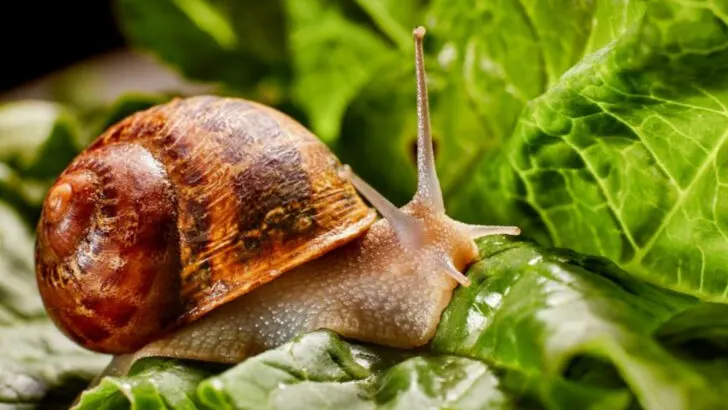Your salad dreams shouldn’t come with slime trails. You sow the seeds, water just right, and wait—only to find your lettuce munched into lace by midnight marauders. It’s a heartbreak wrapped in a leaf. But you don’t need to wage nightly war with a flashlight and salt shaker. You just need smarter salad tactics. There are ways to grow juicy greens without inviting a mollusk buffet. Think raised defenses, clever timing, and a few strategic sidekicks. (Yes, some plants make excellent bodyguards.) If you’re tired of feeding slugs better than yourself, this is your lettuce liberation plan. Fresh, crisp, and untouched. Just the way salad was meant to be.
Copper Barriers
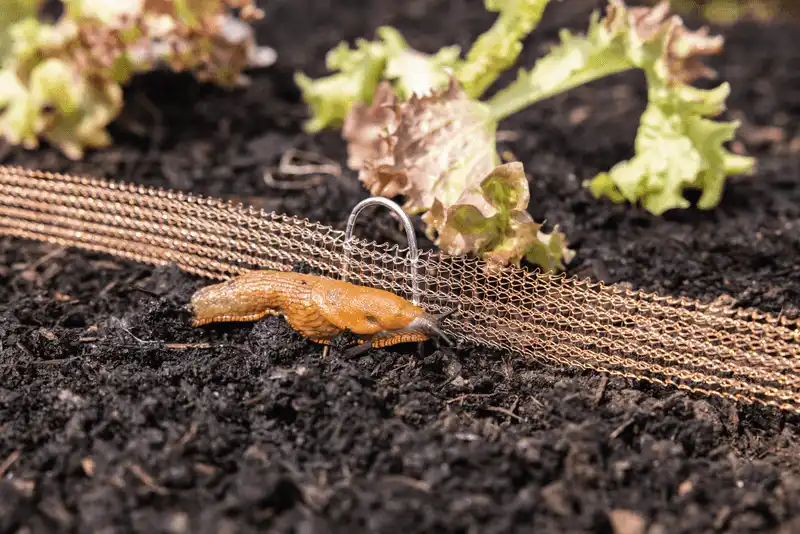
Copper barriers act like a protective moat for your salad garden. Their effectiveness lies in the mild electric charge slugs experience when trying to cross.
This deterrent not only keeps your plants safe but also adds a shiny decorative touch. Easy to install, it offers an elegant solution to an age-old problem.
Fun fact: Copper has been used since ancient times for its antimicrobial properties. Who knew it could also repel garden pests? Adding copper tape to your garden beds or pots ensures your salad remains untouched by slimy visitors.
Beer Traps
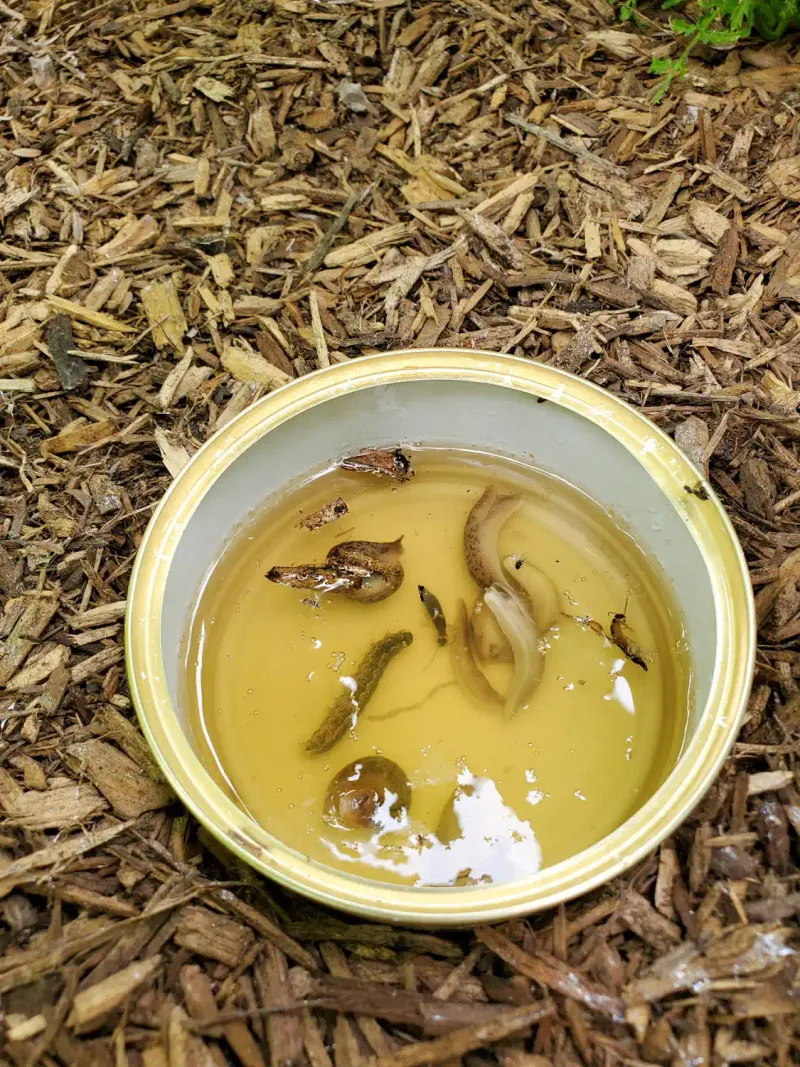
Imagine enjoying a cold beer while knowing it’s also protecting your salad. Beer traps are a simple yet effective method to lure and drown slugs.
Place a shallow dish filled with beer near your plants, and watch as these pests are drawn away from your greens.
It’s a quirky and environmentally friendly solution. Be sure to replace the beer regularly to maintain its allure. This method not only protects but also adds a touch of whimsy to your gardening routine. Cheers to pest-free salads!
Eggshell Mulch
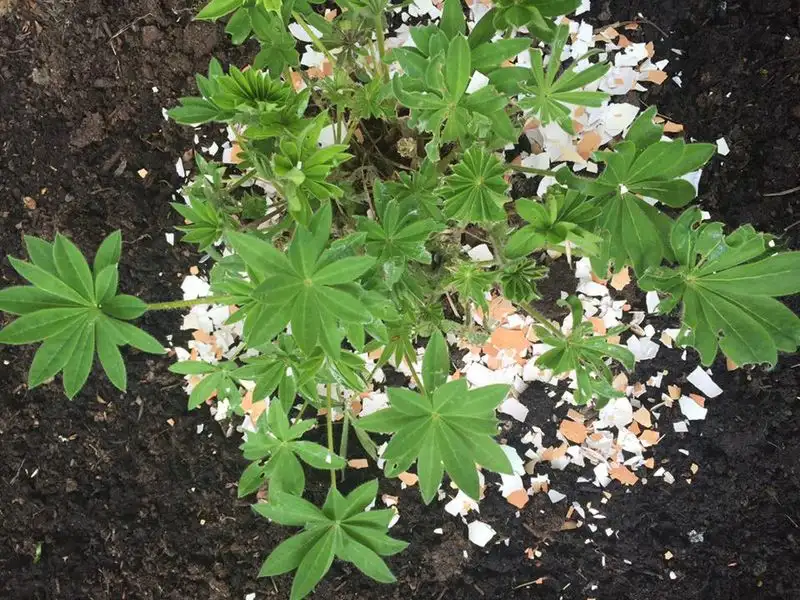
Did you know that your morning omelet could contribute to a healthier garden? Crushed eggshells, when spread around the base of your plants, create a jagged barrier that slugs find difficult to cross.
Besides deterring pests, eggshells enrich the soil with calcium, benefiting your plants. It’s a sustainable use of kitchen waste that supports garden health.
As you enjoy your breakfast, consider this dual-purpose solution to keeping your salad greens safe and thriving. It’s a win-win for both gardener and garden.
Diatomaceous Earth
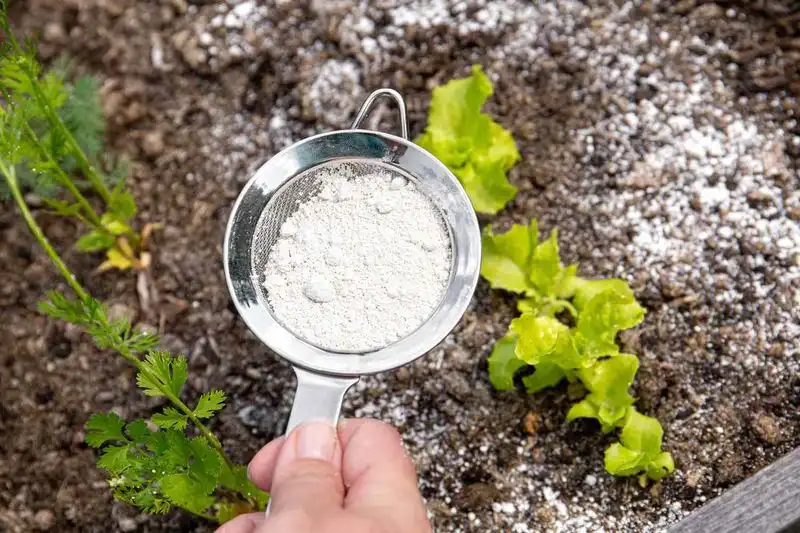
Diatomaceous earth is a hidden gem in garden pest control. This natural powder, made from fossilized algae, acts like tiny shards of glass to slugs.
As they cross it, the powder dehydrates and ultimately deters them. It’s safe for plants and humans, making it an ideal choice for organic gardening.
Apply it around the base of your plants, reapplying after rain. This versatile solution ensures your salad garden stays pest-free and flourishing, while keeping chemical interventions at bay. Embrace this natural barrier against unwanted visitors.
Nematode Allies
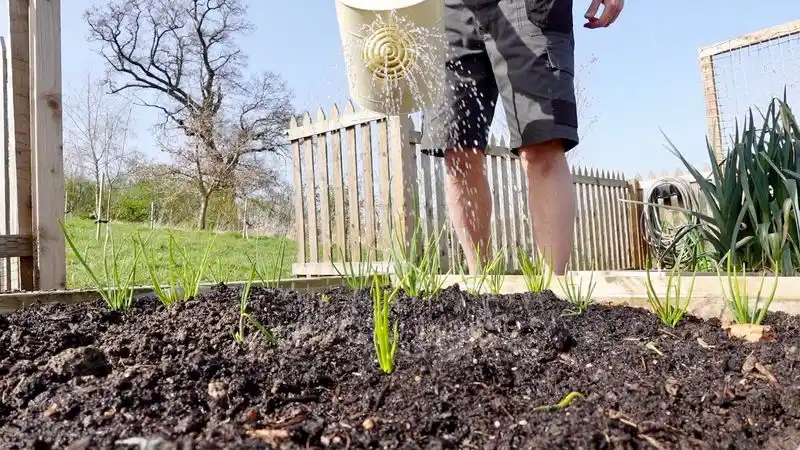
Harness the power of nature’s smallest warriors—nematodes. These microscopic creatures prey on slug larvae, reducing their population from within the soil.
Incorporating beneficial nematodes into your garden creates a balanced ecosystem where slugs are naturally controlled.
These allies work tirelessly beneath the surface, ensuring your salad plants thrive. By fostering a garden habitat that supports nematodes, you embrace a sustainable and chemical-free approach to pest control. It’s a symbiotic relationship that benefits both your plants and the environment.
Raised Beds
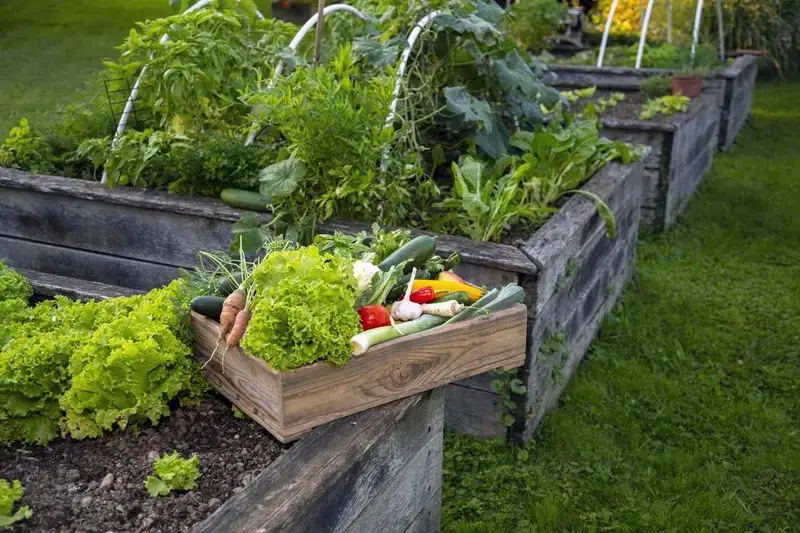
Raised beds offer more than just aesthetic appeal; they provide a practical solution to pest management. Elevating your garden creates a physical barrier against slugs.
The height deters these ground-level crawlers, minimizing their access to your plants. Additionally, raised beds improve soil drainage and aeration, promoting healthier growth.
Consider incorporating this architectural element into your garden design. It not only protects but also enhances the beauty and accessibility of your salad garden, making it a joy to cultivate and maintain.
Companion Planting
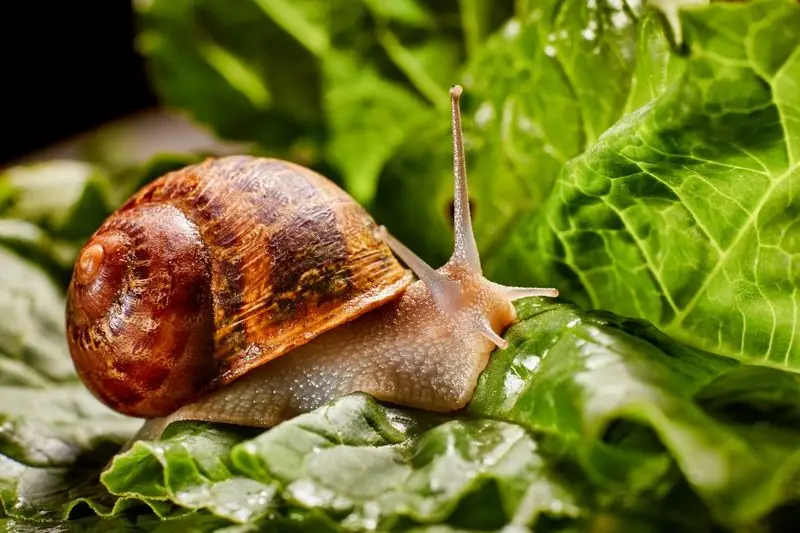
Companion planting is nature’s way of creating harmony in the garden. By placing certain plants together, you can naturally repel slugs and snails.
Herbs like rosemary, thyme, and lavender not only deter pests but also add aromatic charm to your garden.
This approach promotes biodiversity, enhancing the natural resilience of your salad crops. Companion planting is a creative strategy, transforming your garden into a thriving, self-sustaining ecosystem where every plant plays a role in pest prevention.

